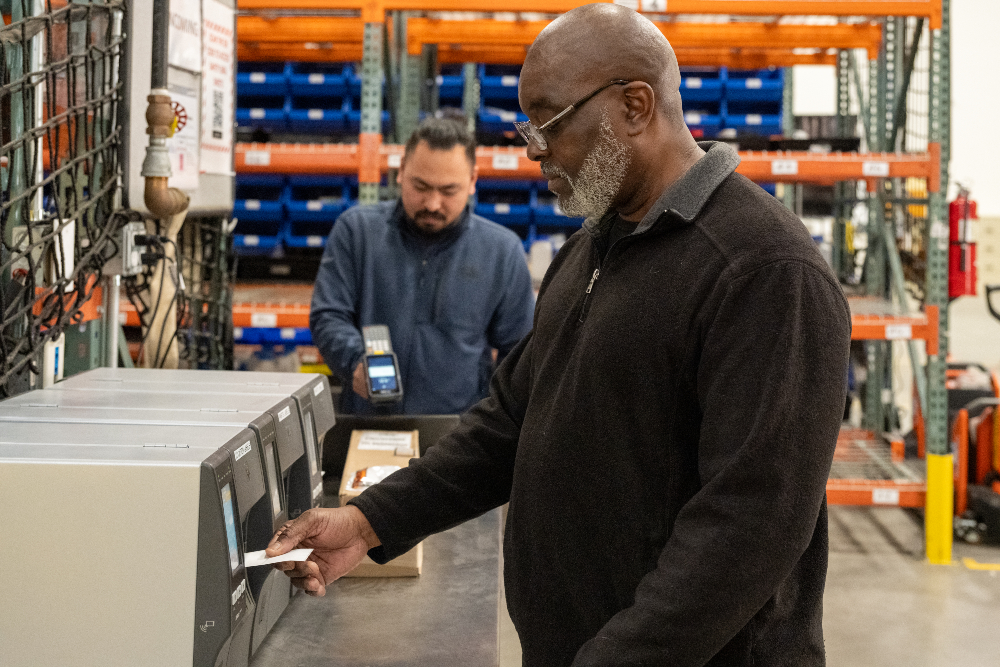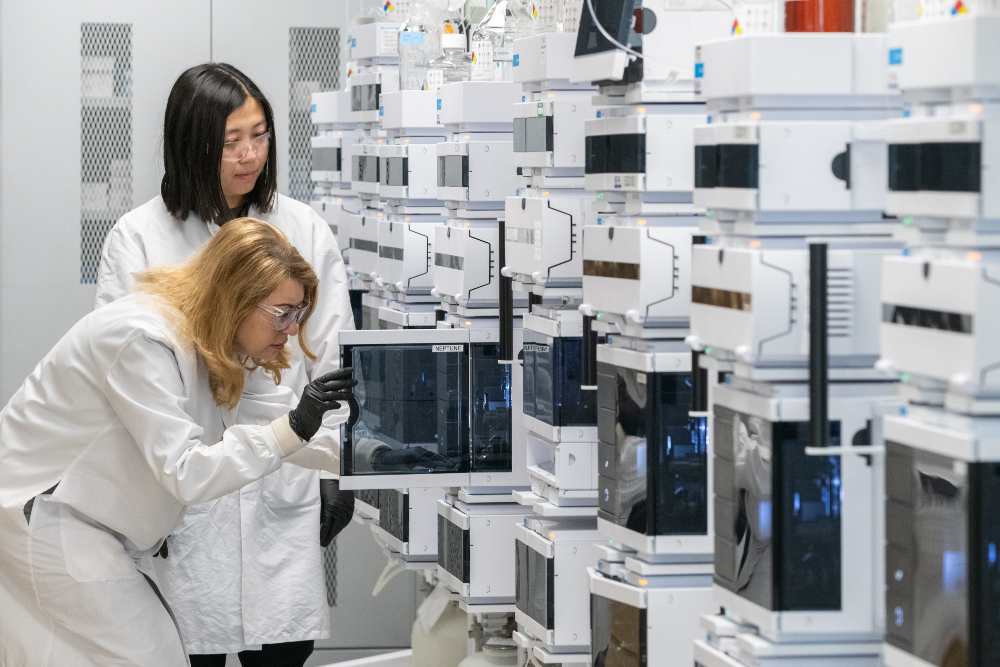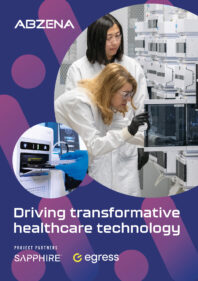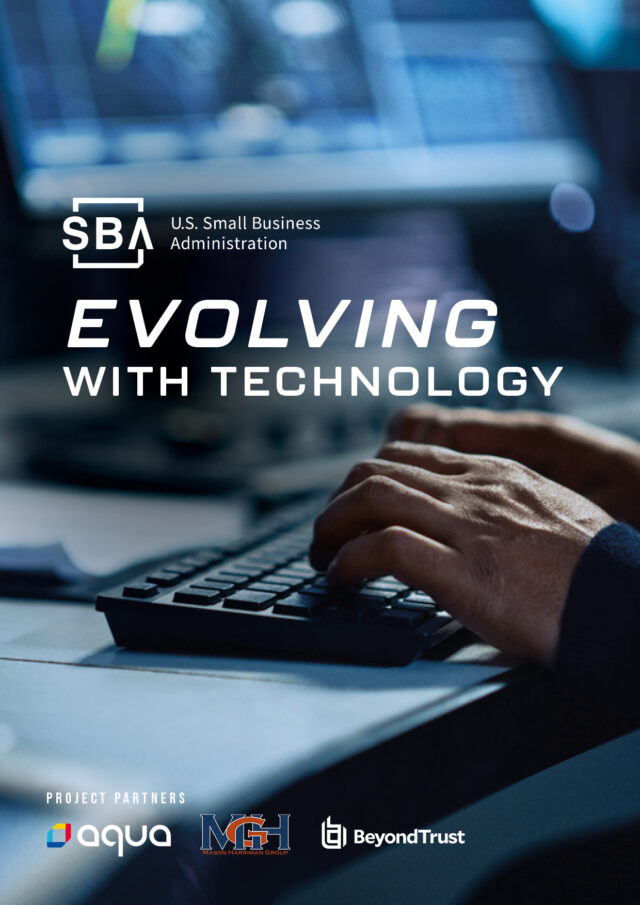Abzena is an organisation firmly committed to accelerating the development and manufacture of essential healthcare treatments. Since 2001, the aim has been to de-risk the development of these treatments. This is in order to get medicines to the patients more quickly, efficiently, and safely. To do this, technology plays an extremely important part. David Williamson, Chief Information Officer (CIO) of Abzena, has been leading the charge on that front for the last three years.
Williamson’s career has had a strong focus on building and implementing transformation strategies. There have been several instances over the years where a new technology has been introduced or overhauled. That raises questions like ‘how do we do our work?’ and ‘how do we utilise technology systems to do things more efficiently and consistently?’ This is where Williamson steps in to guide the process – with additional help, in Abzena’s case.

Using data for good
The ways in which Abzena is using data right now are particularly impressive. As a healthcare company, no therapy drug gets approved without data to prove it’s effective. Data also needs to show that the drug can be manufactured with the same effect again and again, and that it will remain the same consistency. As a result, data is part of Abzena’s key deliverables for any client project.
“The drug manufacturer is required by law to maintain the raw data, often for the life of the product,” explains Williamson. “As long as they’re selling it somewhere in the world, records must be maintained. These days, all of those records are electronic. Most of the laboratory instruments run on software. The manufacturing systems are controlled by technology. So, collecting that data and organising it for our clients is a key part of what we deliver. It shows us how we can improve manufacturing processes and various quality attributes.
“We’re always trying to use the data to help our client achieve more with it. And Abzena is very innovative on the scientific front. Bringing those innovations together and being able to demonstrate to a client how they could be used, and the benefit of them, is great. It often leads to more work with that client.”

The future of health technology
As the healthcare technology landscape evolves, Williamson has a strong idea of how it’s going to look. He believes newer technologies like AI, for example, have the potential for a huge positive impact on society. They will enable the healthcare industry to share innovations in treating rare disorders, as well as developing new therapies quicker than ever.
“We can use technology to look for other ways to understand clinical trials and patient data,” Williamson explains. “That type of information could be logged on a spreadsheet with hundreds of thousands of rows. A machine learning or AI algorithm can read all those rows in seconds and see things that wouldn’t be possible if a human was trudging through all that data. Having the opportunity to see things that weren’t possible to see when looked at traditionally is having a dramatic impact on how we’re able to treat diseases. It will also hopefully lower costs and break barriers when it comes to treating rare diseases.”









